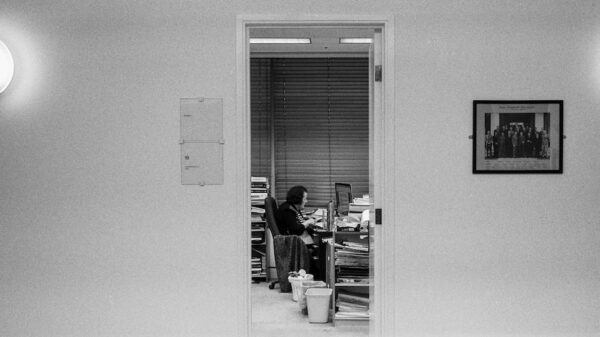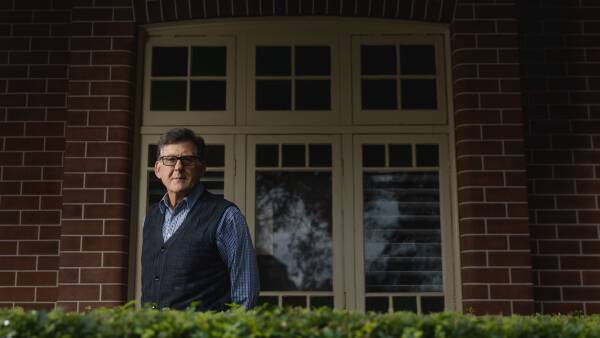Calls for urgent action to alleviate the starvation crisis in Gaza are intensifying as images and reports reveal the dire humanitarian situation faced by civilians. An increasing number of letters published in *The Age* highlight the suffering of children and families who are caught in the conflict and are struggling to obtain basic necessities such as food and medical supplies.
Karen Morris, a Newport resident, expressed her outrage over the ongoing humanitarian crisis, stating, “Enough is enough.” She emphasized that the plight of children starving to death is unacceptable and urged leaders, particularly Australian Prime Minister Anthony Albanese, to impose sanctions on Israel to halt the ongoing violence. “The killing must stop now,” she insisted, underscoring the need for immediate intervention to prevent further loss of innocent lives.
Critics of the Israeli government argue that the blockade and military actions against Gaza are the primary causes of the famine. Nadia Green, writing from Sunshine North, pointed out that the situation is not a war between equals, as Israel possesses one of the most advanced militaries globally, while Gaza remains largely defenseless. “It is Israel that controls Gaza’s borders and blocks humanitarian aid,” she noted, emphasizing the moral responsibility to hold those in power accountable.
Further complicating the situation, Anastasios Moralis from Ormond highlighted that Israel has the capacity to allow food, water, and medical aid into Gaza immediately. He argued that the ongoing blockade is a deliberate policy that contributes to the suffering of civilians. “Israel is stopping it,” he asserted, calling for a reassessment of the blockade as part of a broader examination of the crisis.
The international community’s response has also been a focal point of the discussions, with some advocates urging Australia to follow the example of countries like France, which has recognized the state of Palestine. Elizabeth Sime from Fitzroy North expressed the belief that such recognition, while symbolic, could pave the way toward a more peaceful resolution to the conflict.
In an alarming portrayal of the humanitarian toll, Lila Malagi from Flinders reiterated that starvation in Gaza is the result of deliberate policies rather than collateral damage from warfare. “This is policy,” she stated emphatically, demanding that no government should starve civilians into submission during conflict. Her comments reflect a growing concern that the cycle of violence and suffering will only continue to perpetuate generational hatred.
As the crisis deepens, the need for decisive and compassionate action becomes more urgent. Public sentiment, as expressed in the letters to *The Age*, reveals a collective call for leaders to prioritize humanitarian needs over political interests. The powerful imagery and heartbreaking stories emerging from Gaza have galvanized citizens and activists alike, pushing for a response that reflects the gravity of the situation.
The ongoing discussions highlight a critical moment in the international community’s response to the humanitarian crisis in Gaza. As leaders and citizens alike grapple with the implications of the conflict, the demand for change and accountability continues to resonate, underscoring the need for a united effort to end the suffering and provide relief to those in desperate need.



































































